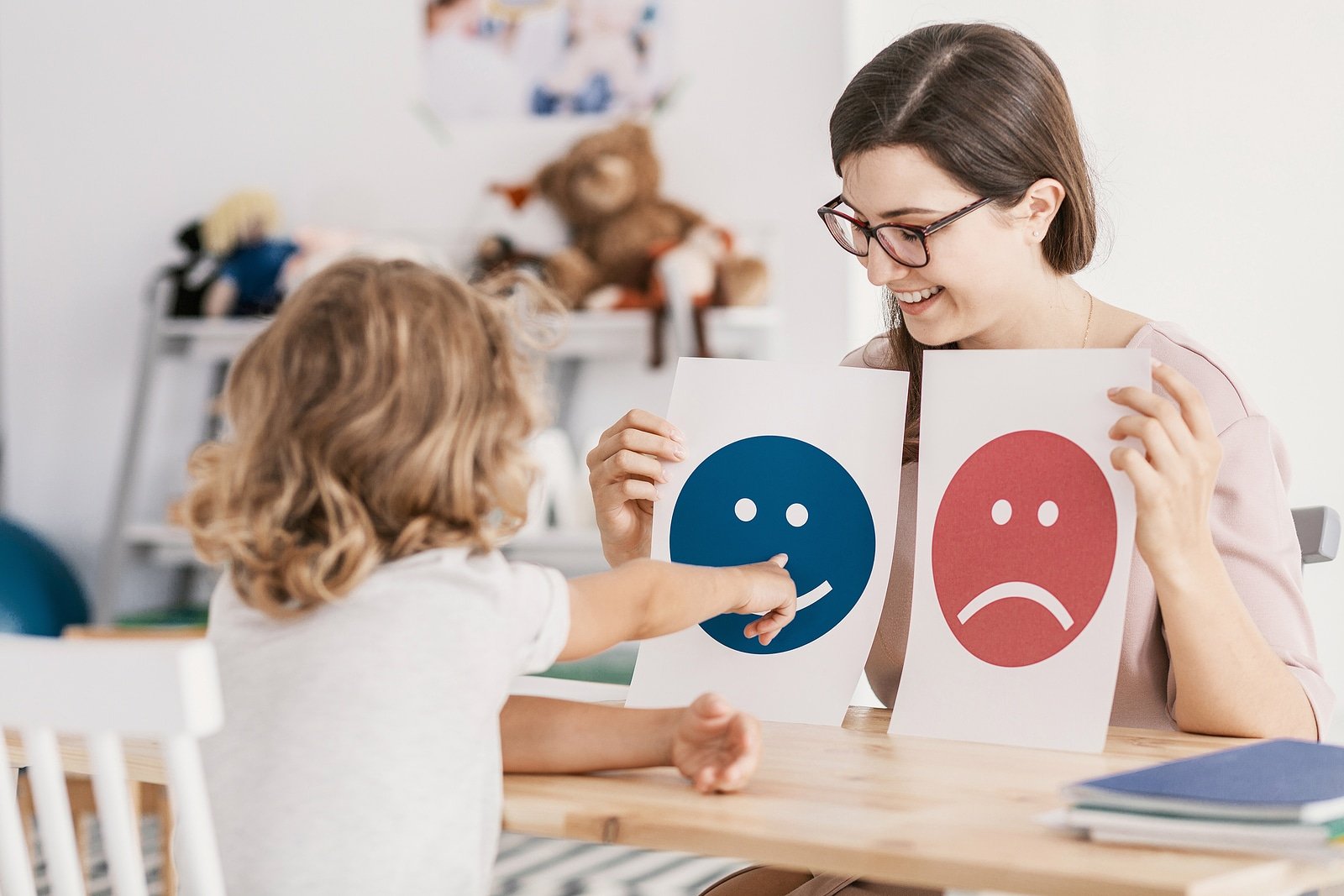Teaching Independence For Kids With Autism Spectrum Disorder

Children with autism spectrum disorder (ASD) are all different, but one thing many have in common is poor executive function skills. This means they struggle with knowing how or when to perform everyday tasks.
For instance, some children with ASD might not remember what they need to do before going to bed, while others find it difficult to look after themselves.
It is important that they learn these skills as they grow older, so they are able to live a more independent life when they become adults.
Here are some ways carers of children with disabilities encourage independence.
Create a visual routine
Lots of autistic children crave routine but, at the same time, struggle to remember what to do next. Creating a visual schedule of daily tasks will help them transition between activities without being told what to do. For instance, completing the activities needed to get ready in the morning.
Knowing what to expect by being able to look at the chart helps to reduce their anxiety and keep them regulated, so they are less likely to have a meltdown and feel overwhelmed.
Assign chores from an early age
It is also important to encourage children to be independent, despite their challenges, so they can gain confidence as they get older. This can be done by assigning them small and manageable chores that have an end result.
For instance, cleaning their bedroom can feel insurmountable, but if they are tasked with putting dishes away, this feels more manageable, while still providing them with a sense of pride and responsibility.
Practising with money
As children become older, it is essential they know how to deal with money. However, this can prove very challenging for some on the spectrum.
Therefore, it is sensible to start learning how to use money from an early age, whether that is by practising buying things, how to keep cash safe in public, where to store money or how to get more out of it.
Teaching self-care skills
Lots of people with ASD find it hard to look after themselves, as a combination of their poor executive functioning together with sensory challenges mean they cannot face things like showers, baths, brushing their hair or teeth, or they might not feel the signals telling them when to eat.
Therefore, these self-care skills need to be practiced and reinforced so children are able to implement them when they become adults.
This could include working on their sensory difficulties by finding the right products or techniques that are comfortable to them, creating a visual schedule so they stick to the timetable and do not have to rely on their intuition, or creating kits to make it easier to stay on top of personal hygiene.
Autism Speaks recommends having a little bag or box with face wash, hair brush, deodorant, flannel, toothbrush, and moisturiser in one place, so they know they have to use everything in there without feeling overwhelmed by the number of actions they have to perform just to get ready in the morning or before going to bed.
Building coping mechanisms
One of the most valuable things carers can teach children with ASD is some coping mechanisms they can use so they do not become dysregulated.
This will be personal to each child, but could include learning when to have some time out if they are feeling overstimulated, or having their sensory or fidget toys nearby if they are getting agitated.
Putting music on and going for a walk if they are struggling in social situations, or deep breathing techniques when they are unable to communicate their feelings and are getting frustrated are also useful coping strategies.